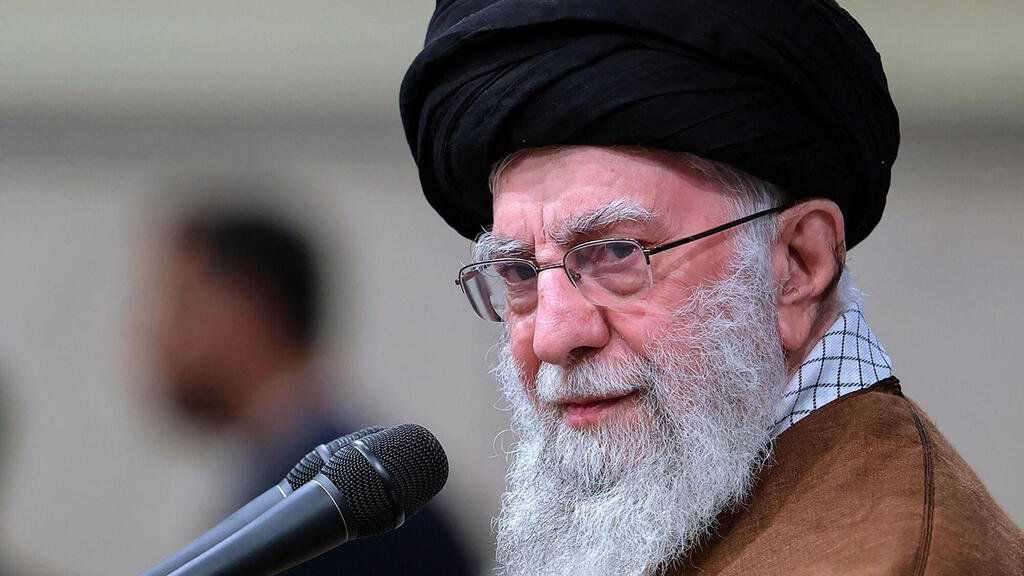Many Iranians were taken aback by instances of vandalism and violence during the wave of protests that swept through Iran in late 2017 over the country’s worsening economic situation. A social media campaign under the slogan “Iran isn’t Syria” warned protesters against escalating the situation into a civil war.
Iran saw an increase in public discourse about the lessons to be drawn from the events in Syria in recent days. Political commentator and regime critic Sadegh Zibakalam attributed the rapid collapse of Assad’s regime to its loss of popular support among the vast majority of Syrian citizens.
He acknowledged that the circumstances in Iran are very different from those in Syria and that there was still a noticeable willingness among regime supporters to rally behind it.
Voices within Iran’s conservative camp have also stressed the need to bridge the gap between the regime and the public and to enhance social solidarity via improving economic conditions and addressing public demands. Tehran City Council Chairman Mehdi Chamran argued, in light of events in Syria, that the lesson from Assad’s fall is the importance of listening to citizens and respecting their wishes—not just in words but in actions.
Critics of the law, including President Masoud Pezeshkian and several senior clerics, warned that enforcing the law at this time could further widen the gap between authorities and the public and amplify public criticism. There have also been calls to fulfill the president’s promise to lift some restrictions on social media platforms.
In any case, the dramatic developments in Syria will continue to attract considerable attention in Iran, as the question of regime change re-emerges amid Tehran’s weakening position, the decline of the Shiite axis, the sun setting on the current leader’s rule and the Donald Trump’s return to the White House.
Still, preparations are already underway for the reimplementation of a maximum pressure policy both inside and outside the Islamic Republic, which could create an opportunity to challenge the regime.
• None Dr. Raz Zimmt is a senior researcher and Iran expert at the Institute for National Security Studies (INSS) and the Alliance Center for Iranian Studies (ACIS) at Tel Aviv University.
